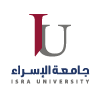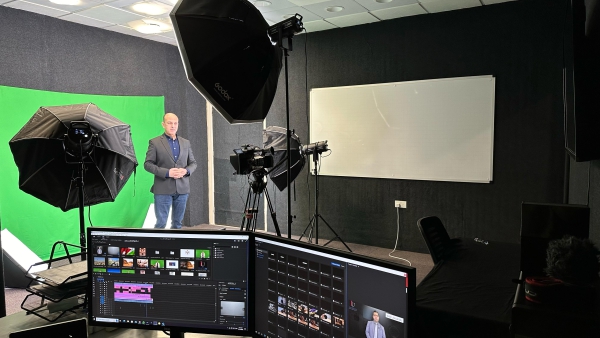The E-Learning Center, inaugurated in 2012, marks a significant milestone in Al-Isra University's strategic plan for educational advancement. This establishment follows a systematic approach designed to enhance the learning and teaching processes in response to the demands of the modern technological era in the twenty-first century. Al-Isra University, recognizing the imperative of the digital age, embarked on the journey of redefining its pedagogical framework by embracing e-learning.
The university places a paramount focus on fostering a dynamic e-learning environment among both students and faculty. This commitment is integral to its educational agenda, emphasizing the cultivation of responsibility, effective communication skills, creative and critical thinking, and collaborative abilities. The aim is to facilitate a seamless transition toward a distinguished interactive educational ecosystem that culminates in optimal learning outcomes.
The E-Learning Center is equipped with state-of-the-art educational systems, including an e-learning management system, a synchronous virtual classroom system, and an interactive content building system. The center houses specialized departments to streamline its operations:
1. E-Learning Systems Department:
This department oversees the management of the infrastructure for e-learning operations. It is dedicated to providing and supporting technical systems and platforms. Furthermore, the department offers comprehensive training and technical support to both faculty members and students, ensuring the effective and proficient utilization of technology to enhance digital learning experiences across the university.
2. Digital Courses Development Department:
This department focuses on creating a professional production environment for the development of impactful, high-quality educational content. Equipped with cutting-edge technologies and specialized programs, the dedicated studio within the department facilitates the direct recording and editing of faculty lectures. Rigorous review and editing processes are employed to uphold the quality and efficacy of the content. Subsequently, these lectures are uploaded to the university LMS, enabling students to access them easily and at their convenience. This holistic approach underscores the seamless integration of technology into the teaching process, elevating the overall learning experience and ensuring effective access to educational content."



